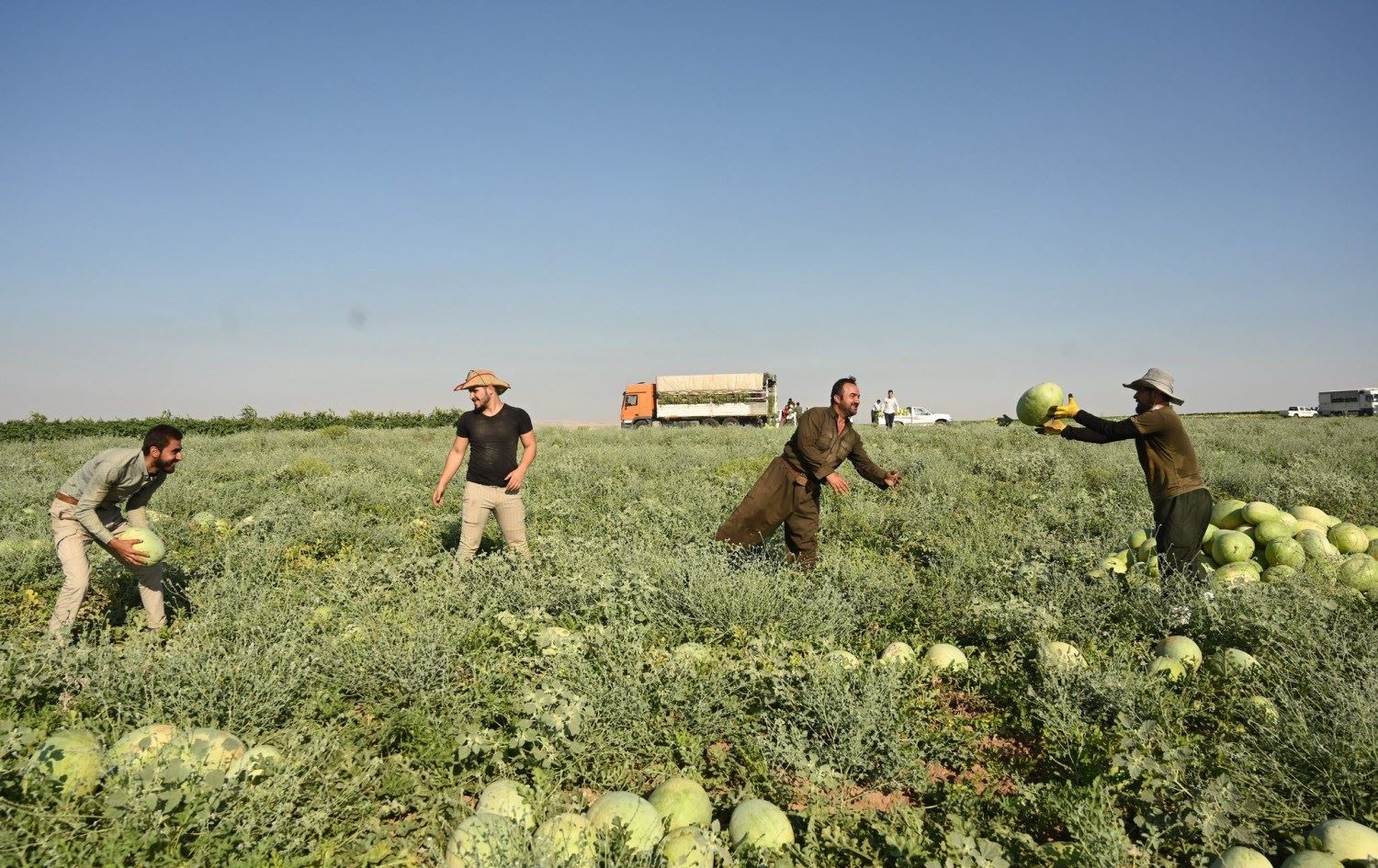ERBIL, Kurdistan Region – A governmental United States agency on Sunday announced a yearlong one-million-dollar program in partnership with an Iraq-based consulting firm to develop the agricultural sector and promote local consumption in the Kurdistan Region, according to a press release.
The United States Agency for International Development (USAID) and Iraqi consulting firm Top Mountain have partnered to launch the Agribusiness Incubator and Accelerator Program “to increase the competitiveness of the Iraqi agriculture,” the statement said.
The program will support enterprises “as well as start-ups working in agriculture and agribusiness sectors in the IKR [Iraqi Kurdistan Region] through in-kind grants and technical assistance” in addition to organizing events for “showcasing local products, and promoting local consumption and investment” by facilitating private and public stakeholder partnerships, according to the statement.
The Kurdistan Region depends on neighboring countries for cheap imports of fresh produce – benefiting consumers but harming local farmers.
The release said that the Kurdistan Region offers “rich soil and ample access to water resources,” but remains underdeveloped due to a “lack of investment in new technology, outdated management practices, and weak value chains” that render the agricultural market subject to product spoilage and fluctuations in price and supply.
“As a result, Iraq remains a net food importer, which eliminates significant economic opportunities and poses risks to food security,” the statement said.
In early September, farmers in eastern Sulaimani province led protests in accusation of the government for failing to secure a market for them as cheap, illegal imports left them unable to compete each year. Produce from southern Iraqi provinces can be imported into the Region without restriction, but Kurdish traders say they must pay to pass through checkpoints in order to send their fruit and vegetables to Iraqi provinces.
Iraqi businesses face tough competition from imports from Iran and Turkey, whose currencies have been devalued. The Iraqi dinar also devalued against the US dollar at the end of 2020, a step that Iraq’s finance minister said would move the country toward reform and “financial balance” that will revive the economy.
The region has benefitted from oil wealth for decades, but as prices plummeted during the pandemic, agriculture became a focus of Iraqi Kurds who seek economic diversification and a decrease in oil dependency.
Washington’s former ambassador to Iraq in August told Rudaw: “Developing the Iraqi economy, and helping diversify that economy and link it with the rest of the world, will be as important for the future of Iraq as will the security situation itself.”
The Kurdistan Regional Government’s (KRG) Board of Investment in its 2020 development plan laid out promises for development of food manufacturing, which the board hopes will help the Kurdistan Region “achieve food security”.

